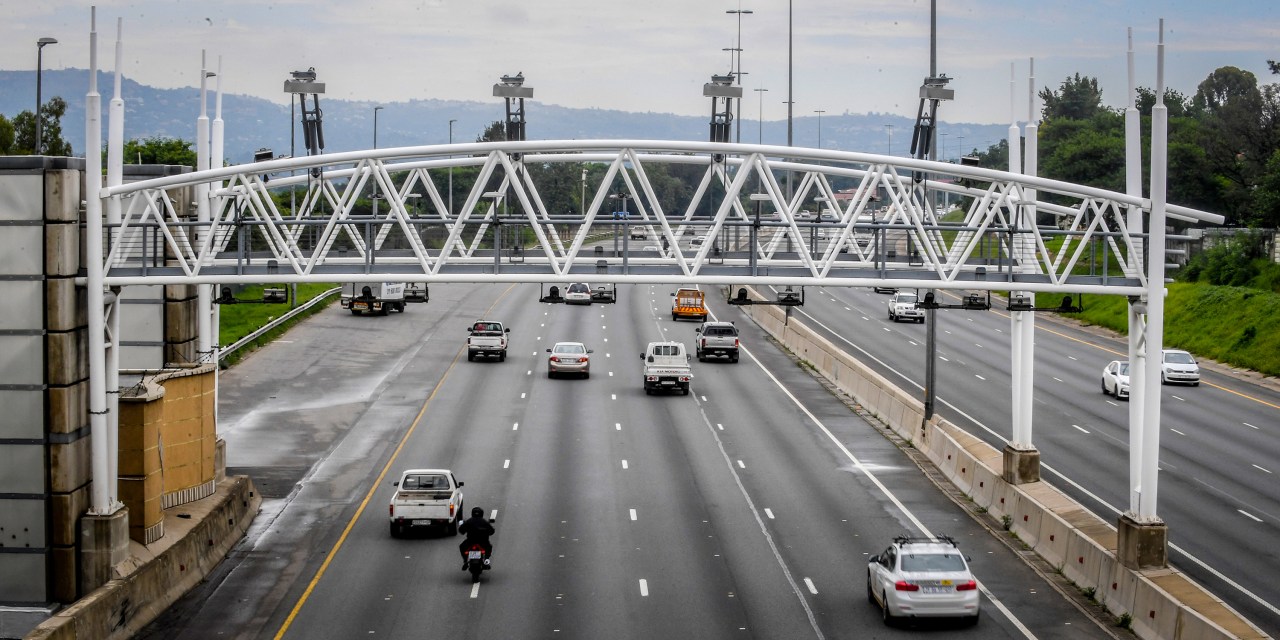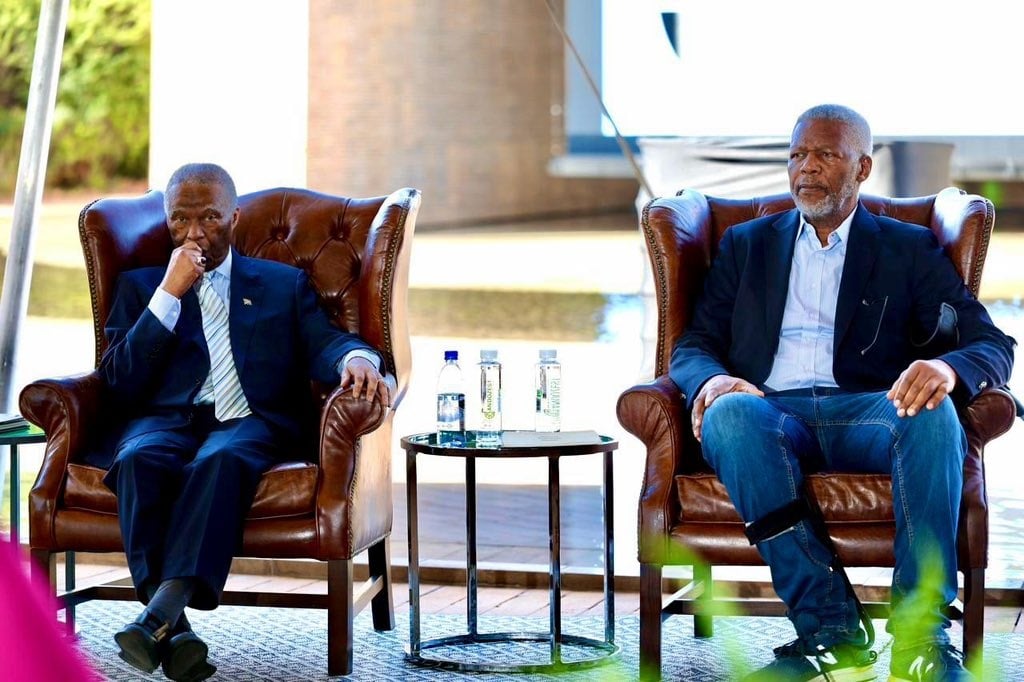It’s been almost 30 years since SA’s first democratic election, which creates a moment for reflection on any number of topics and the one I would like to focus on today, broadly and briefly, is the Constitutional Court.
One of SA’s eminent legal minds, Hugh Corder, pointed out in an article published in The Conversation and elsewhere, the Constitutional Court at 30 has created a solid foundation, but cracks are showing. I would go further and claim that the court has been generally excellent if you consider the role into which it has been cast and the fractiousness of the country in which it operates.
Whether the Constitutional Court is in decline is a different and more complicated question, but I think Corder is right and that is, long-term, very worrying.
The court has its detractors, but here is the most important thing: the court is transparently independent. That might not seem like much, but if you consider the court’s main function to be a check on executive power, it’s everything. And, as we can deduce from the court’s decision to decline to hear the cadre deployment case, it’s a continuing virtue.
From a policy point of view, it leans in political philosophy toward the ANC’s soft-left position — although every time I make this claim, senior lawyers klap me around the ears. But that’s all beside the point. Present the court with circumstances where the executive has stepped out of line (Aids policy in the case of former president Thabo Mbeki, or Nkandla in the case of former president Jacob Zuma, etc), it has been unflinchingly admirable.
Tricky stuff
The other point to make is that, unlike apex courts all around the world, this court has been required to adjudicate not just on broad questions of human rights, but also on second- and third-generation rights, in a country struggling economically. This is all tricky stuff.
It’s worth pointing out how touch and go this was. I’m old and crusty enough to remember the constitutional negotiations in which the National Party and the ANC came up with a formula, if you can call it that, whereby the Cabinet would appoint Constitutional Court judges, sommer like that. Just think for a moment what the result might have been 30 years down the line. The Democratic Party led the charge against this proposal, and it was because of that crucial intervention we have the Judicial Service Commission (JSC).
However, even after that, how the JSC would be appointed became a strong issue of contestation; what we eventually ended up with was a much weaker system than was originally proposed. Over the years, that weakness is becoming increasingly evident. The JSC consists of 25 members, 12 of whom are more or less directly beholden to the ruling party. So all the ruling party needs to sway the group is to make sure that two of the five members of the legal profession are party loyalists and — bam — it has its majority.
Of course, it’s not quite so simple and this check preceding the ultimate check and balance is better than nothing. The body is, anyway, only advisory and ultimately the President appoints the court. However, it’s apparent, from hearings about the JSC over the years, that appointments are becoming much, much more politicised.
Someone who knows more about this than I do makes the point that the politicisation of the appointment process is effectively encouraging the nomination of people who tend toward being low-key and nondescript. It’s rather like the appointment of the head of the United Nations: you don’t get the person who would be great for the post; you end up with the person who is least objectionable. Corder makes the same point, and says the JSC has often delivered “bitterly farcical recommendations”. I think it now goes beyond the problem of the least objectionable, verging on the objectionable.
In the high-profile cases where the issue at hand is essentially between citizens and the state, this process does not seem to have detracted from the court’s independence. But when it comes to complex commercial issues that are crucial in a modern, industrial state, the overall level of jurisprudence is less impressive. And the problem is much more acute as you move down the judicial hierarchy. I’ve written previously about some judgments of the Competition Tribunal, for example, which have been breathtakingly bad, and honestly, I don’t think people appreciate the extent to which poor judgments affect the business climate.
Anyway, overall, I think Corder hits the nail on the head by saying that the apex court has exceeded the expectations of sceptics, but there is an ongoing effort to undermine the court and civil society needs to be resolute in its defence and hold it to account to remain true to its mandate. DM
![]()



 1 week ago
72
1 week ago
72

















